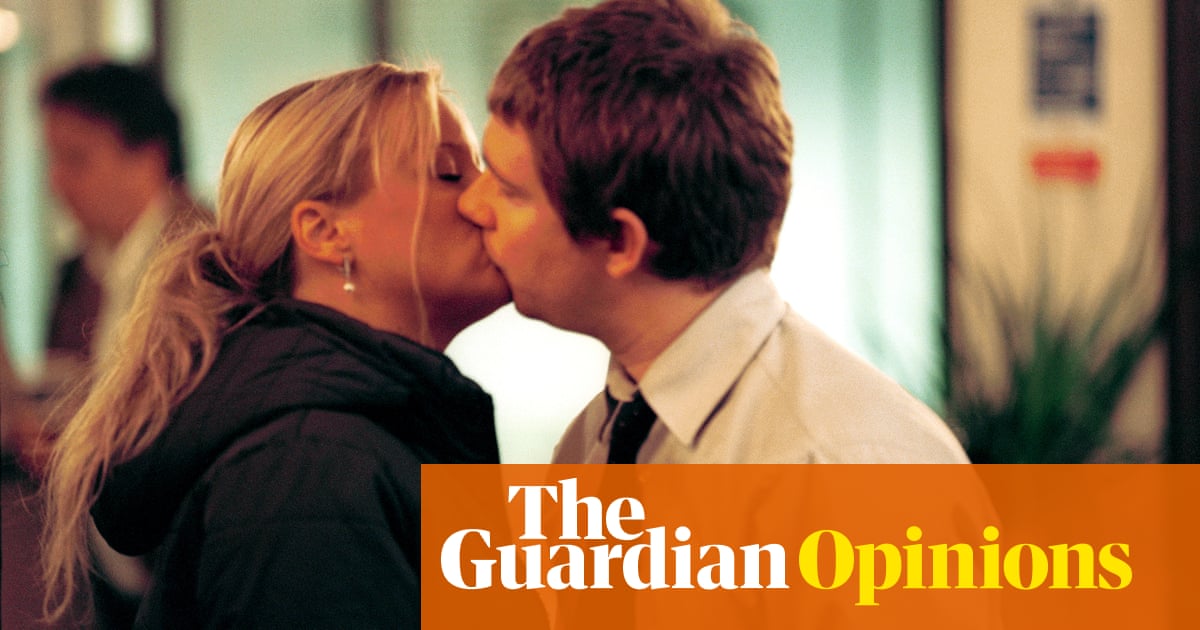
When Kahiye Alim, director of the Council of Somali Organisations (CSO), saw reports that the suspected killer of Southend West MP David Amess was of Somali heritage, he was in a state of shock.
Alim was out for dinner on a Friday evening when he heard the news, and could no longer eat. He began to worry about the repercussions the event would have on the British Somali community.
Two weeks after the killing, his fears were realised. Abdirachid Fidow, from the Anti-Tribalism Movement, one of the few Somali organisations that reports hate crime, said they normally supported 60 victims a year. But the group had 40 cases, the majority of victims being women, reported to them in response to the naming of Ali Harbi Ali as the suspect.
Fidow said at the time the organisation had been “overwhelmed” with the number of people calling them about their experiences in the two weeks afterwards. One of the charity’s grantees received death threats via emails, while another victim received racial abuse from her neighbour, referring to “MP killers”.
These reports are likely to be a significant underestimate as the Somali community are unlikely to report hate crimes. It is for this reason that Alim worked to create educational videos explaining what a hate crime is and how to report it.
While little is known about Ali himself, his family are well-established figures of political life in Mogadishu, Somalia. His uncle, Awale Kullane, is Somalia’s ambassador to China, while his grandfather ran as an MP in the 1960s.
His father, Harbi Ali Kullane, a former communications adviser to the prime minister of Somalia, told reporters he was “traumatised” by his son’s actions. In his role as media adviser, Kullane worked on anti-terrorist campaigns against the jihadist group al-Shabaab. Friends and former colleagues described him as a liberal, charismatic, open-minded man who was not very religious.
As the trial ends, so will the heightened attention on the community. Abdi Gure, the coordinator of the Hayaan project that supports the London Somali community with mental health issues, which is run by the charity Mind, warned it will then be business as usual, with long-known socioeconomic issues continuing to be ignored.
Community organisers were struggling to get support for what Gure described as “an intergenerational gap”, which he said was feeding the grooming of boys into gang violence and a mental health crisis increasingly affecting the young.
“We need to have a conversation with these young guys and establish a dialogue with them … [so they can] be an active part of the community, to give them recognition, and to give them the support and chance to lead,” Gure said. “This is not confined to the Somali community, but all communities need it.”
As well as making a video on how to report hate crimes, the CSO created a second video highlighting the contributions of British Somalis in media, education, health and local politics.
“People don’t understand who Somalis are, and it’s very important that they just don’t link the word Somali and extremism, because Somalis are not extremists,” Alim said. “We are British citizens and we’ve lived here for about 200 years.”
That these basic facts about the community have to be repeated was a huge source of frustration. Fidow was particularly angry at the media, which he accused of fuelling racial tension. He was incredulous that journalists have been stopping British Somalis walking in the streets of west London to ask for their thoughts on the incident.
“If you compare when Jo Cox was sadly killed by a white caucasian man, we did not see the media focusing and interviewing white British citizens. This is a form of discrimination and profiling,” he said. “Some media were purposely trying to focus the ethnicity of the suspect rather the crime and were creating a poisonous ‘us and them’ narrative.”
As for the tragic killing of Amess, along with the rest of the country, the Somali community was stunned and devastated. “The community was shocked because they could not contemplate what has forced a 25-year-old who has never committed a crime to go to Southend to kill a member of parliament. To this day we still cannot figure out this case and the suspect’s motive,” Fidow said.












